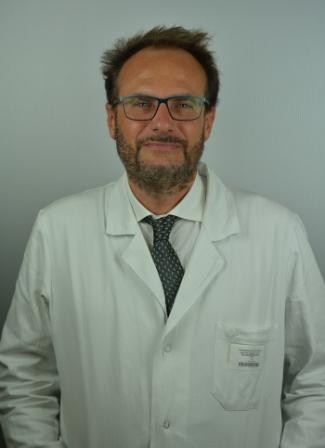Diagnostic and therapeutic innovation in central and peripheral nervous system diseases /
Psychiatry
Head
Unit
Neuroimaging in psychiatric disorders (mood disorders, anxiety disorders, major psychosis) from pregnancy to senility:
The research team addresses aspects of neurobiology of psychiatric disorders through the use of multimodal neuroimaging techniques with the ultimate goal of identifying new potential biological markers of diagnosis and prognosis of major psychiatric disorders.
Neuropsychology of psychiatric disorders (mood disorders, anxiety disorders, major psychosis) from pregnancy to senility:
The research team deals with aspects of neuropsychology (cognitive, executive function, language and memory assessment) with the ultimate goal of identifying which functions are deficient and which are in the normal range in order to plan a possible rehabilitation course. In addition, neuropsychological testing could provide further insight with respect to the functional circuits involved in symptom onset and the link between structural abnormalities and symptomatology.
Neuropharmacology in psychiatric disorders (mood disorders, anxiety disorders, major psychosis) from pregnancy to senility:
The research team is concerned with studying the impact of drugs on brain architecture. This program's ultimate goal is to evaluate whether the achievement of therapeutic control of pathology by a specific drug corresponds to a change in brain structure at both structural and functional levels.
Transcranial stimulation in psychiatric disorders (mood disorders, anxiety disorders, major psychosis):
The research team is concerned with using transcranial magnetic stimulation (TMS), an innovative and very promising treatment for psychiatric disorders.
Computational neuroscience:
The research team works in collaboration with bioengineers, neuroscientists and mathematicians to integrate measures obtained from biological images and signals, various instrumental examinations and clinical/neuropsychological scales with bioengineering-bioinformatics processing to obtain markers to predict diagnosis, response to therapy and clinical outcome.
- High-field magnetic resonance imaging scanner (7 Tesla)
- Transcranial magnetic stimulator
- Virtual reality
- Compatible 64-channel MRI and TMS electroencephalographic system
- International Consortium R-LiNK, Department of Psychiatry and Addiction Medicine - Expert Centres Paris Diderot
- International Consortium PRONIA, Ludwig-Maximilians-Universität Munich, Munich, Germany
- International Consortium ERANET UNMET, Radboud Universiteit, the Netherlands
- International Consortium Enhancing Neuroimaging Genetics through Meta-analysis (ENIGMA) for the Bipolar Disorder, Anxiety Disorders and Addictions Working Group
1 full professor of psychiatry, 3 psychiatrists, 12 psychologists, 3 bioengineers, 1 mathematician, 2 study-coordinators
—
Other activities in this Research Line
Diagnostic and therapeutic innovation in central and peripheral nervous system diseases
Geriatrics
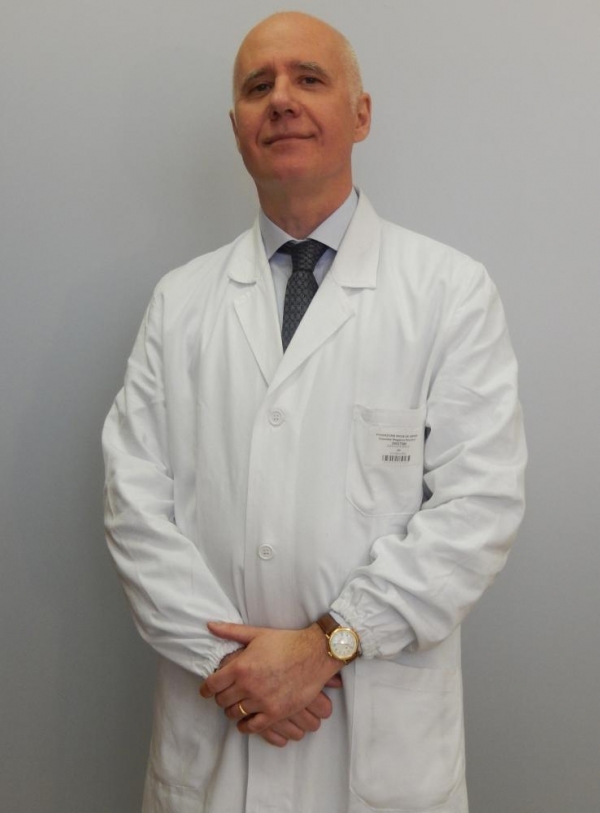
Tiziano Lucchi
Maxillofacial Surgery and Odontostomatology
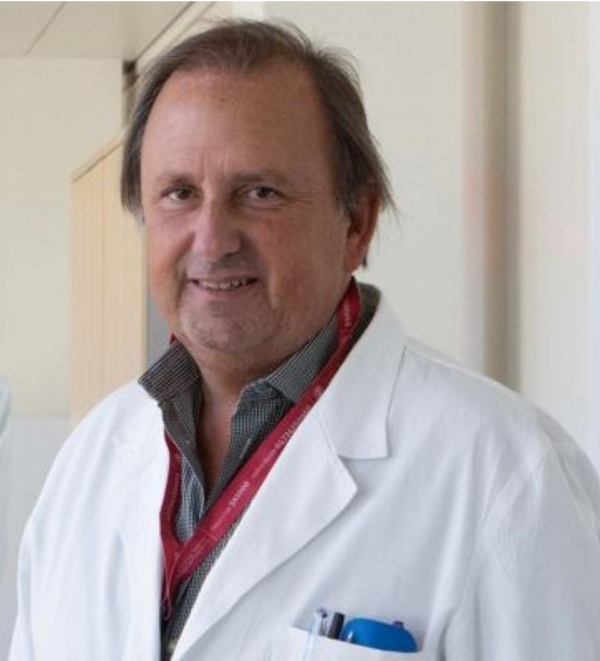
Aldo Bruno Giannì
Neonatology and Neonatal Intensive Care Unit

Monica Fumagalli
Neurophysiopathology
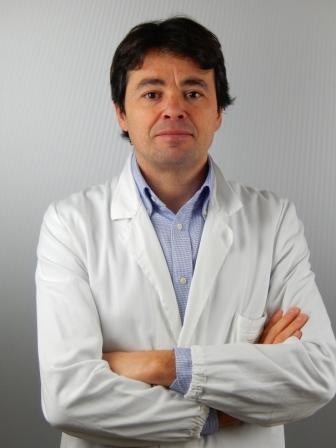
Filippo Cogiamanian
Neurology

Giacomo Comi
Neurology - Neurodegenerative Diseases

Andrea Arighi
Neurology - Neuromuscular and Rare Diseases

Stefania Corti
Neuroradiology
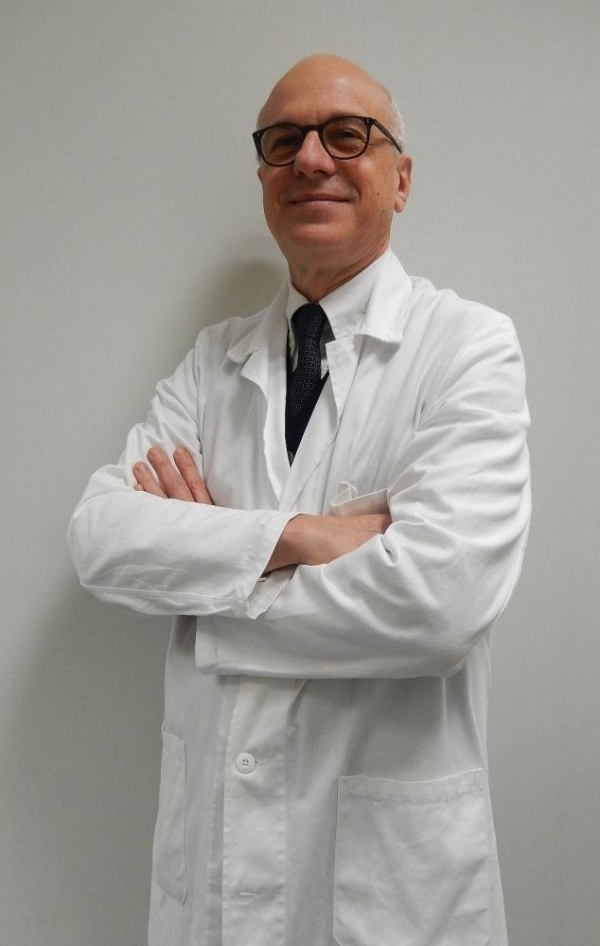
Fabio Maria Triulzi
Neurosurgery
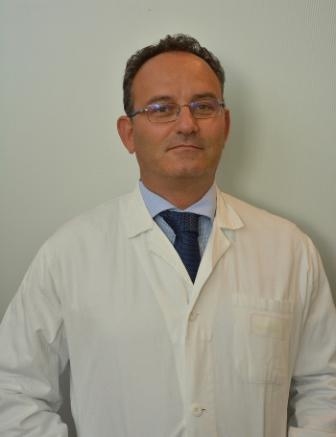
Marco Locatelli
Ophthalmology

Francesco Viola
Otolaryngology and Cervico-Facial Surgery
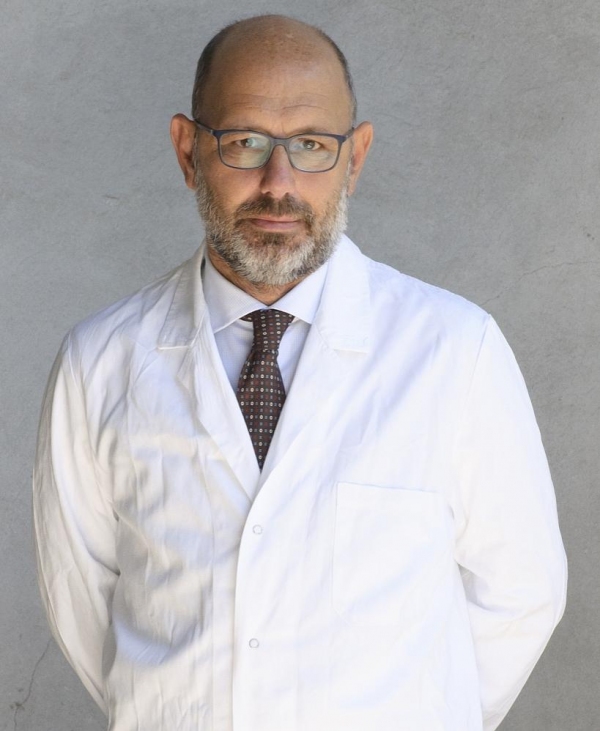
Lorenzo Pignataro
Maxillofacial Surgery and Odontostomatology

Aldo Bruno Giannì
